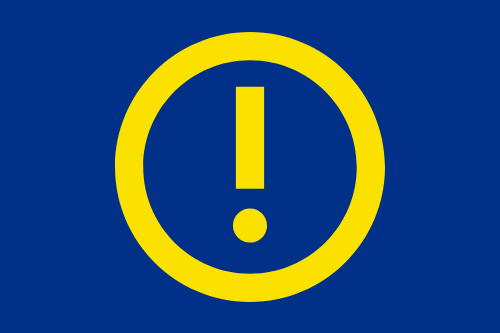Ambulance Service Strike Monday 10 February 2023

10 Feb 2023
There are planned strikes by staff working in ambulance services between 11.00am and 11.00pm on Friday 10 February 2023.
Full story
It has been announced that ambulance service staff across the country will be taking strike action between 11.00am and 11.00pm on Friday 10 February 2023. Ambulance services may also be affected on the following day.
Dedicated information for women and people using our maternity services can be found by clicking here.
Regardless of any strike action taking place, it is really important that patients who need urgent medical care continue to come forward as normal, especially in emergency and life-threatening cases – when someone is seriously ill or injured, or their life is at risk.
GP services are not impacted by this strike action.
On days where there is strike action, you should only call 999 if it is a medical or mental health emergency (when someone is seriously ill or injured and their life is at risk). Ambulances will still be able to respond in these situations, but this may only be where there is an immediate risk to life.
There will be fewer ambulances on the roads during industrial action, with the NHS prioritising those with life-threatening needs. As a result patients whose conditions are not life-threatening may not get an ambulance on strike days.
During these times, an ambulance may not be able to attend, or it may take longer to reach you than usual.
Whilst our services, including our Emergency Department will be operating as normal we would ask you to use services responsibly as we are expecting to be very busy.
If you need NHS treatment and there is an immediate threat to life you should continue to call 999. However, if you need urgent care but it isn’t life threatening, please “think 111 first” before visiting an accident and emergency department.
Either visit 111.nhs.uk or call 111 to access the NHS care you need in the right place.
A trained advisor will assess you and direct you to the most appropriate place to receive care. If you do need to come to an emergency department, they can also make a booking for you, so we know you are coming.
Your local Pharmacist is also an expert in medicines who can help you with minor health concerns. As qualified healthcare professionals, they can offer clinical advice and over-the-counter medicines for a range of minor illnesses, such as coughs, colds, sore throats, tummy trouble and aches and pains.
If symptoms suggest it's something more serious, pharmacists have the right training to make sure you get the help you need. For example, they will tell you if you need to see a GP, nurse or other healthcare professional. All pharmacists train for 5 years in the use of medicines. They are also trained in managing minor illnesses and providing health and wellbeing advice.
Many pharmacies are open until late and at weekends. You do not need an appointment.
Most pharmacies have a private consultation room where you can discuss issues with pharmacy staff without being overheard.

